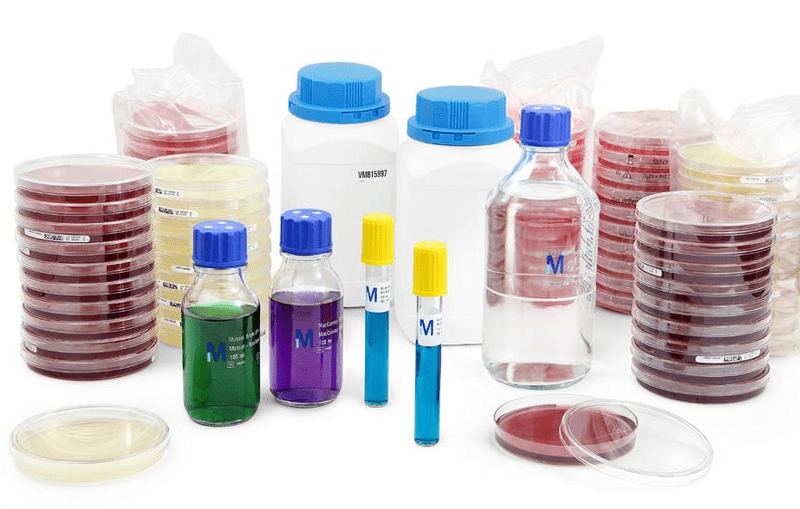In the realm of pharmaceuticals and nutraceuticals, compendial testing stands as a cornerstone of product quality and safety. This comprehensive guide delves into the intricacies of compendial testing, with a special focus on sample preparation, a critical step that often determines the accuracy and reliability of test results. We will explore the nuances of complying with compendial standards, and how mastering these aspects is crucial for manufacturers and stakeholders in the healthcare industry.
The Significance of Compendial Testing
Compendial testing refers to the series of tests and quality checks prescribed by pharmacopeias – authoritative books containing directions for the identification of compound medicines. These tests are designed to ensure that pharmaceutical and nutraceutical products meet the required standards for safety, quality, and efficacy. Compendial testing covers a broad range of analyses, from chemical composition and purity to the physical properties of the substances.
Ensuring Quality and Safety
The primary goal of compendial testing is to protect public health by ensuring that all products comply with established standards. This involves verifying that the products contain the correct ingredients in the right amounts and are free from harmful contaminants. By adhering to these standards, manufacturers can guarantee the safety and effectiveness of their products.
The Art of Sample Preparation
Sample preparation is a critical step in the compendial testing process. The way a sample is prepared can significantly influence the accuracy of the test results. This section discusses various techniques and best practices in sample preparation to ensure reliable and consistent results.
Techniques and Best Practices
Effective sample preparation involves several techniques, including dissolution, dilution, and filtration, among others. The choice of technique depends on the nature of the sample and the specific test requirements. It is crucial to follow precise methodologies to prepare samples correctly, as even minor deviations can lead to inaccurate results.
Complying with Compendial Standards
Compendial standards are set by various pharmacopeias, such as the United States Pharmacopeia (USP) and the European Pharmacopoeia (EP). These standards are regularly updated to reflect the latest scientific and regulatory developments.
Understanding Pharmacopeial Guidelines
Pharmacopeial guidelines provide detailed instructions on how to perform compendial testing. Understanding these guidelines is essential for laboratories to ensure compliance. This involves staying updated with the latest editions of the pharmacopeias and implementing changes in testing procedures as required.
The Role of Regulatory Compliance
Regulatory compliance is a critical aspect of compendial testing. Manufacturers must ensure that their products meet the standards set by regulatory bodies like the FDA (Food and Drug Administration) in the United States. Non-compliance can lead to legal repercussions and damage to the manufacturer’s reputation.
Challenges in Compendial Testing
While compendial testing is essential for ensuring product quality, it comes with its own set of challenges. This section addresses some common challenges and how they can be overcome.
Dealing with Complex Samples
Some samples may be complex in nature, making them challenging to prepare and analyze. Advanced techniques and equipment may be required to handle such samples effectively.
Keeping Up with Changing Standards
As science and technology advance, pharmacopeial standards evolve. Laboratories and manufacturers need to stay agile and adapt to these changes to ensure ongoing compliance.
The Future of Compendial Testing
The field of compendial testing is continuously evolving, driven by advancements in science and technology. This section looks at the potential future developments in this area.
Technological Advancements
Emerging technologies like automation and artificial intelligence (AI) are set to revolutionize compendial testing. These technologies can increase efficiency, reduce human error, and provide more accurate results.
The Growing Importance of Compendial Testing
As the global pharmaceutical and nutraceutical markets expand, the role of compendial testing becomes increasingly significant. Ensuring the safety and efficacy of a growing range of products will continue to be a top priority for the healthcare industry.
Final Thoughts:
Mastering compendial testing and sample preparation is crucial for the pharmaceutical and nutraceutical industries. It ensures that products meet the highest standards of quality and safety, protecting public health. As the field evolves, staying abreast of the latest techniques, technologies, and regulatory changes will be key to maintaining compliance and excellence in product testing. The journey of mastering compendial testing is one of continuous learning and adaptation, reflecting the dynamic nature of the healthcare industry.





